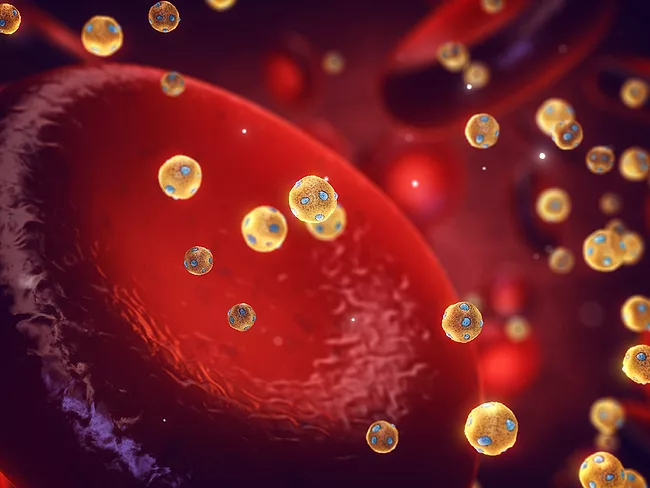
BioWorld Science, Endocrine/metabolic
Endocrine/metabolic
Kexing’s GB-18 receives IND clearances in China and US for cancer cachexia
Read MoreEndocrine/metabolic
Université de Montréal divulges new compounds for cancer and Menkes disease
Read MoreDrug design, drug delivery & technologies





